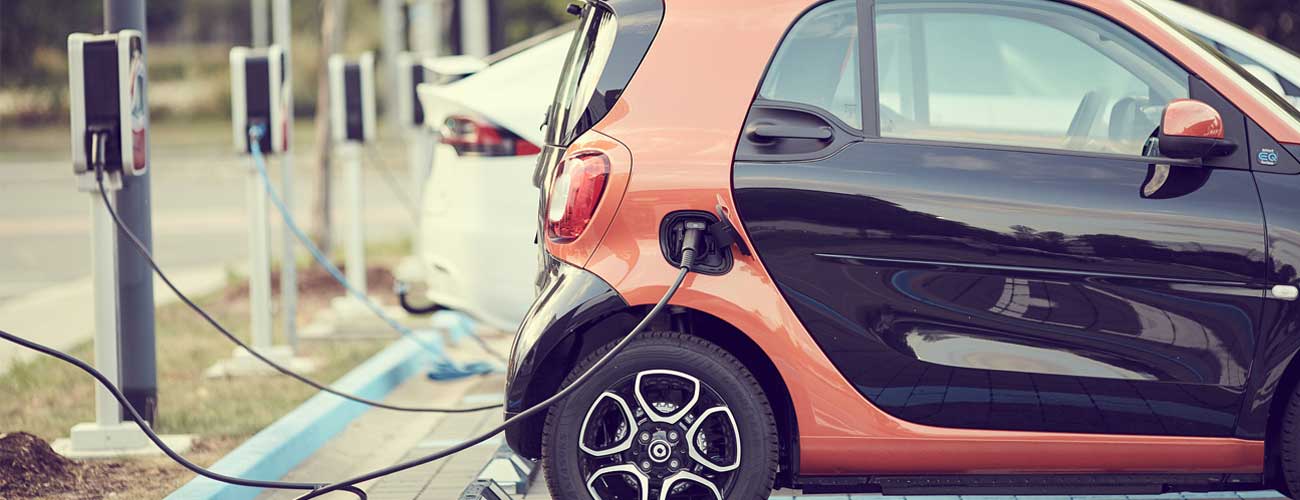Today’s market has more choice than ever before when you’re looking for a new car. From small details like the exterior colour and ambient interior lights through to larger details like the body shape and what type of engine.
To help you decide whether petrol, diesel or electric is the right choice for your next car we’ve taken an in depth look at the benefits and costs for each of them.
For more information on diesel cars take a look at this guide.

The UK government has banned the sale of any new vehicle that isn't fully electric from 2030 and so we're seeing more and more people considering making the switch.
There are two types of electric vehicles, fully electric and hybrid. You can see a more in depth look at these on our electric guide or hybrids guide but we’ve rounded up some of the key benefits and costs below:
We’ve taken a look at some of the general benefits of hybrids here but for a more detailed breakdown for each kind of hybrid click here.
Your driving patterns will also help determine which fuel type works best for you. If you do a lot of long motorway driving then diesel will probably be the best choice, but if you only do short journeys or inner city driving then a petrol or even fully electric vehicle could be the right option.
It's ultimately up to you what fuel type fits in with your driving and lifestyle choices but if you would like to discuss it further or have any questions then please give us a call on 0330 221 0000.
To find out more about diesel vehicles then check out this guide, this one on petrol vehicles, or if you want more info on electric click here and here for hybrids.
If you’ve got any questions then please give us a call on 0330 221 0000 and one of our Leasing Consultants will be happy to help.
Check out one of our helpful guides or our explaination of leasing to get all your questions answered.
You can unsubscribe at any time